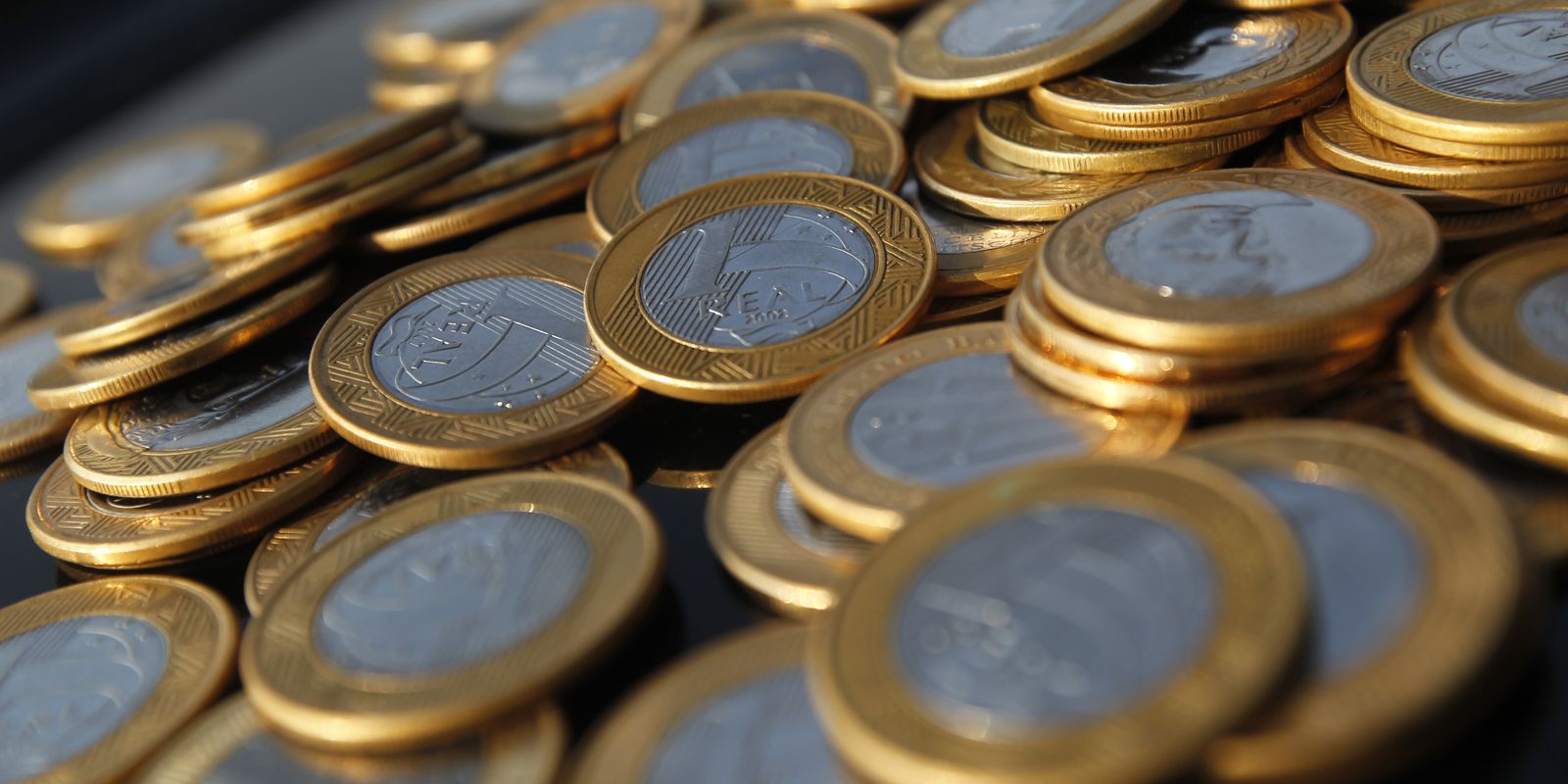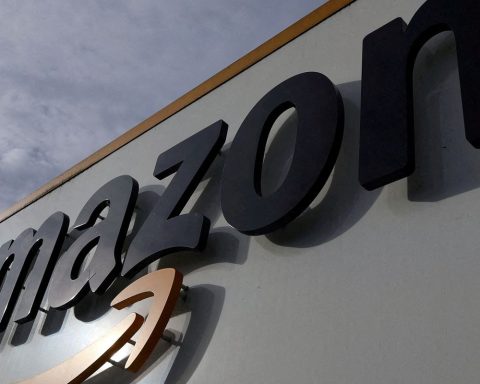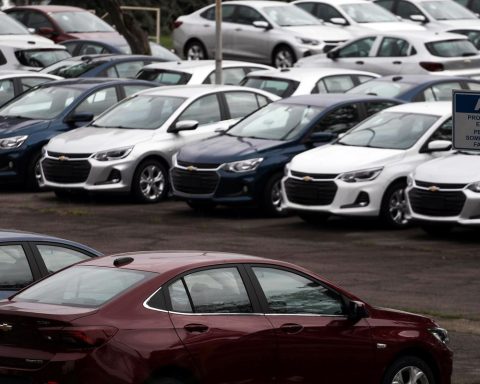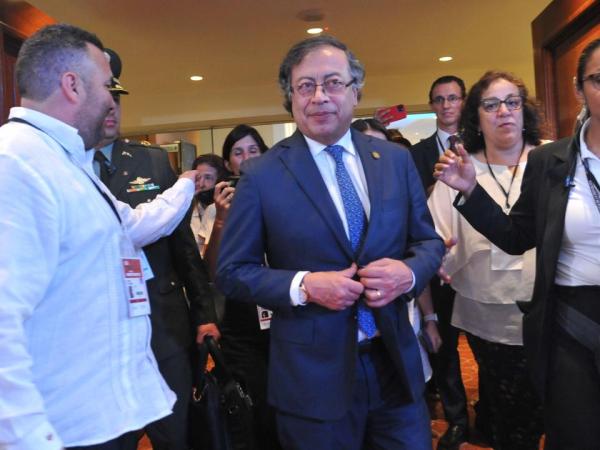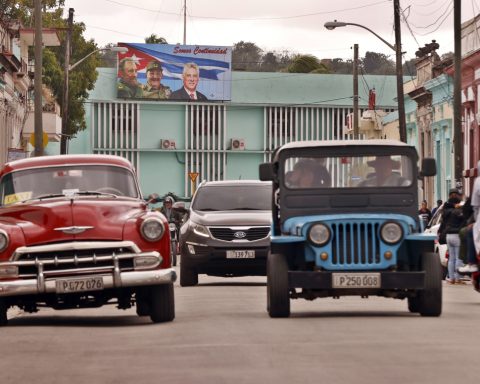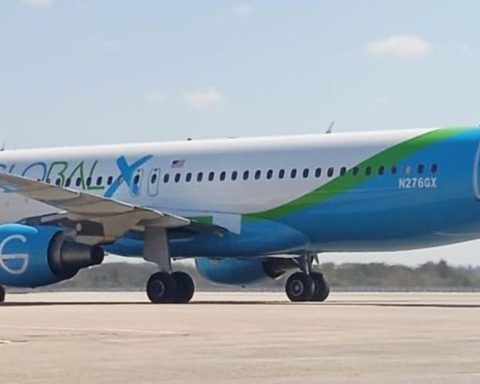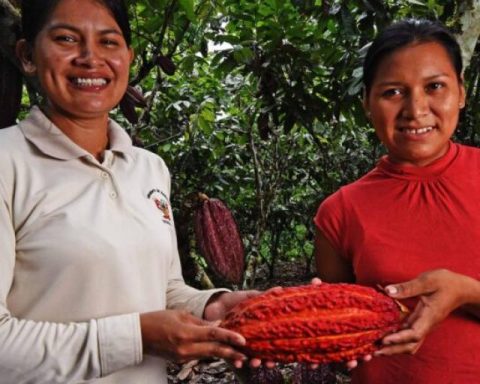Even returning to yield more than inflation, the most traditional financial application of Brazilians will face a record drain of resources. In January, Brazilians withdrew R$ 33.63 billion more than they deposited in their savings accounts, the Central Bank (BC) informed today (6).
The net withdrawal (withdrawals minus deposits) is the highest for every month since the beginning of the historical series, in 1995. The previous record was registered in August last year, when account holders withdrew R$ 22.02 billion more than deposited.
In 2022, the booklet registered a record net outflow (more withdrawals than deposits) of R$103.24 billion, in a scenario of high inflation and indebtedness. Yields once again gained from inflation due to increases in the Selic rate (the economy’s basic interest rate), but other fixed-income investments are more attractive than savings.
In 2020, savings had registered a record net inflow (deposits minus withdrawals) of BRL 166.31 billion. The instability in the public bond market at the beginning of the covid-19 pandemic and the payment of emergency aid, which was deposited in digital savings accounts at Caixa Econômica Federal, contributed to the result.
The net flight in January is equivalent to almost the total difference between withdrawals and deposits in 2021. That year, savings had registered a net withdrawal of R$ 35.5 billion. The application was pressured by the end of emergency aid, low income and the greater indebtedness of Brazilians.
Performance
Until recently, savings yielded 70% of the Selic Rate (basic interest rate for the economy). Since December of last year, the application started to yield the equivalent of the reference rate (TR) plus 6.17% per annum, because the Selic was once again above 8.5% per annum. Currently, basic interest rates are at 13.75% per year, which made the financial investment stop losing to inflation for the first time since mid-2020.
In the 12 months ending in January, the application yielded 8.06%, according to the Central Bank. In the same period, the National Consumer Price Index-15 (IPCA-15), which serves as a preview of official inflation, reached 5.87%. The full IPCA for January will be released next Thursday (9) by the Brazilian Institute of Geography and Statistics (IBGE).
